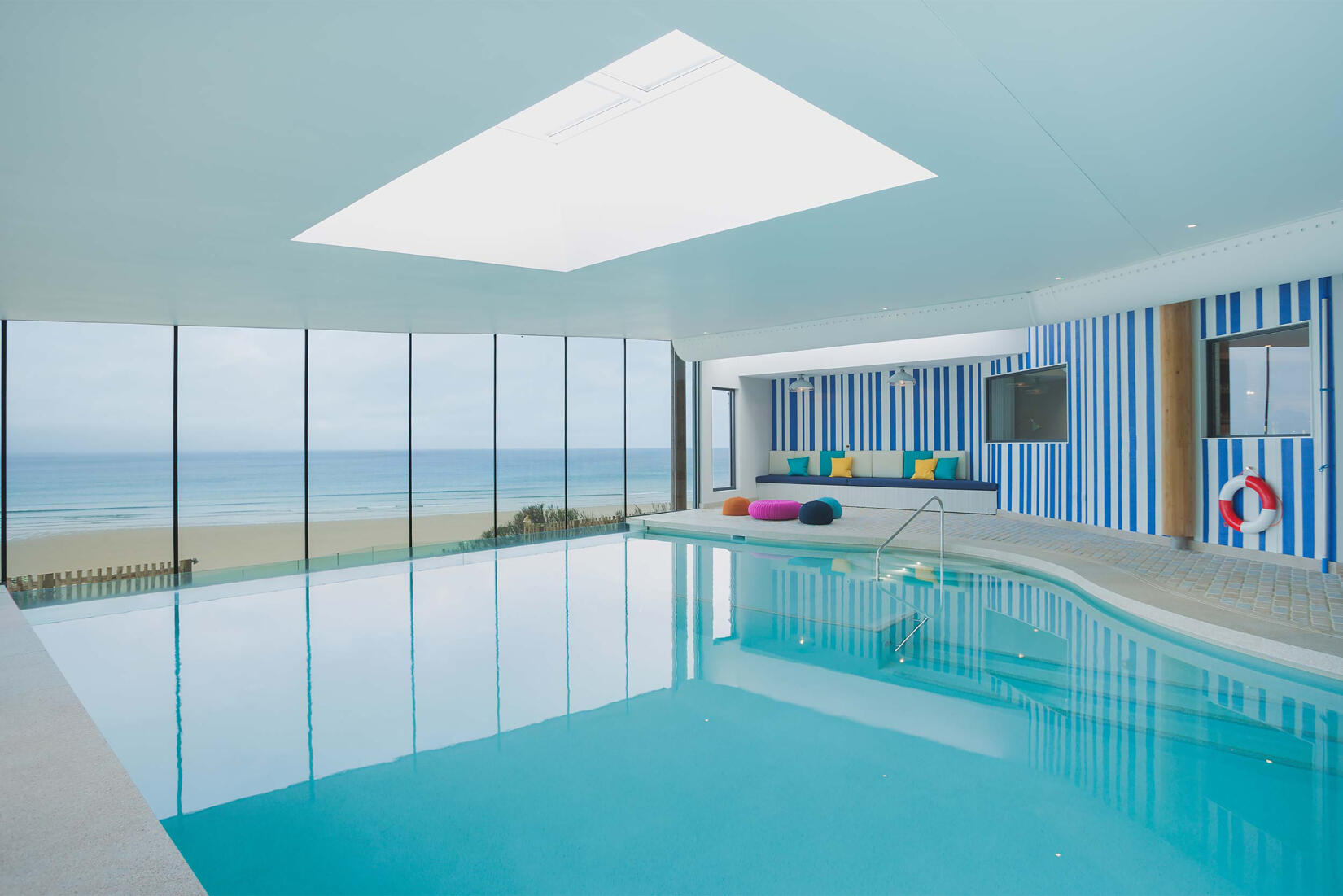How to photograph a sunset at Watergate Bay
Cornwall based filmmaker and photographer Ben Battell talks to us about capturing the perfect sunset. Discover Ben’s professional pointers for capturing shots that go beyond “what you see on everyone else's Instagram feeds”:
Read more